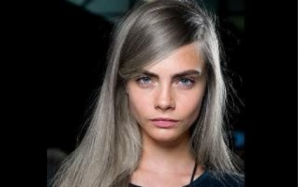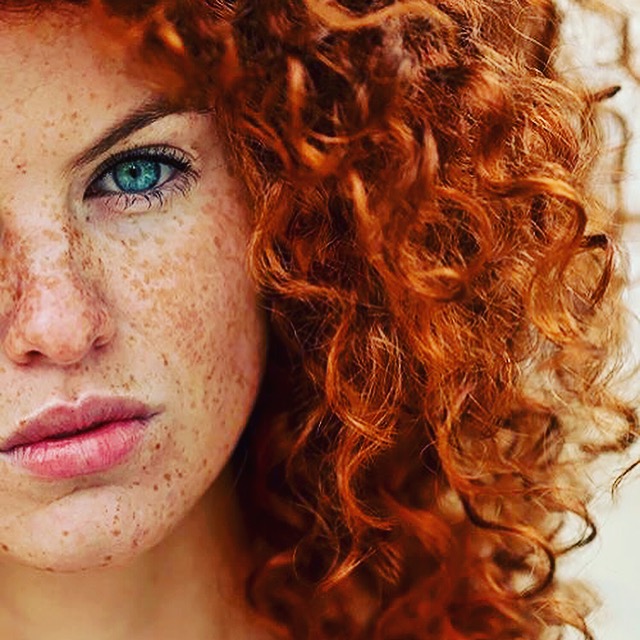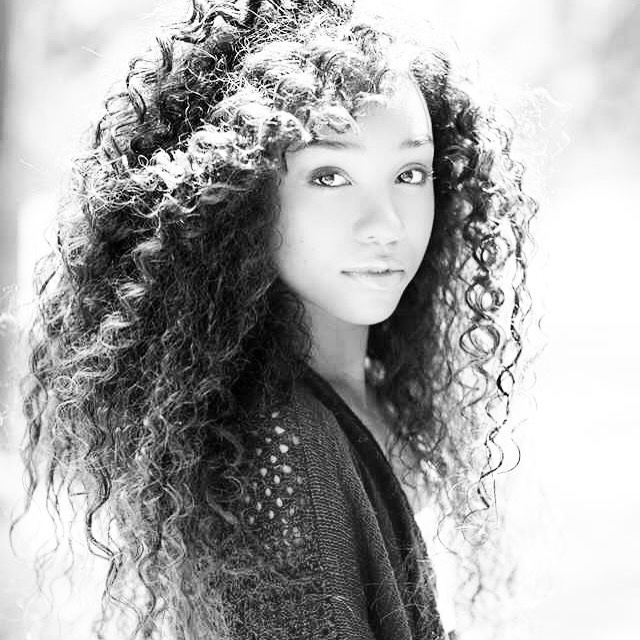Hair Science, Our Hair
GREY HAIR & AGEING HAIR
We all age, every bit of us ages, our bones, our skin and our Hair. As part of the ageing process the hair also begins to lose its colour and grey hairs begin to appear. Grey hair is not actually a colour; it is a combination of white hairs and our natural coloured hairs. Gradually as our colour pigment reduces in production throughout our hair it appears greyer and eventually white or almost white. It is a myth to suggest that dark haired people age or grey quicker than fiarer haired individuals. It is more likely that the grey is more noticeable against the darker background
GREY HAIR, WHY ME?
It’s nothing personal, in fact your greying hair is far more likely to be genetic. Most of us will have developed some grey hair by our late 20’s or early 30’s. By the time you have reached 50 it is fair to assume that approximately half of your hair may have turned grey. The cells that form your hair colour are based at the bottom of th hair follicle, these are called Melanocytes. As we age the production of these cells slow down and cease production. Lifestyle can have an effect on your general ageing as well as your hair greying. Such things as stress, illness, nutrition, hormones. These factors or a combination of these factors deplete the body of an essential vitamin; vitamin B. Frequent studies have shown that a lack or depletion of vitamin b will lead to premature ageing and greying of the hair. My recommendation is to take a vitamin b supplement to try to slow down th greying process.
WHY DOES GREY FEEL DIFFERENT
Many people believe grey hair to be coarser or more wiry than their normal hair. It is almost an illusion. As hair ages it gradually gets thinner and thinner. The dry or coarse feeling is that the hair has less moisture. The gland that produces oil (sebaceous gland) also slows in production as we age. As well as this as the body ages hormone production reduces, most notably oestragen. Oestragen is responsible for the growing phase of the hair , as this reduces the growing phase can be shortened slightly Another factor in your greying hair feelng dry is that more people are likely to colour or highlight their hair when it is greying and therefore the dryness is exacerbated by this/thse mild chemical processes.
GREY HAIR CARE
recommend using a suitable moisturiser for your hair on a regular basis, if there is a colour process on your hair as well then it would be beneficial to use a mask perhaps once a week. As well as this as the hair ages more of my clients use body building volume aids to assist the hair when blowdrying. With regard to overall care for your hair , shampoo as often as you feel like, perhaps it may be more frequent than you used to as the lighter, greyer hair shows a little more dirt. Use a moistuising or volumising shampoo, with a similar conditioner, to maintain beautiful halthy hair. Remember, grey hair is now so popular that more clients are refusing to colour their hair and instead wear it natural. As well as this more and more girls/women are colouring their natural hair to look grey, now that is the sincerest form of flattery. Remember to protect your hair in the sun at all times and add a more intense moisturiser if your hair is subject to sun and saltwater.
 COLOURING & PERMING
COLOURING & PERMING
Colour and perm your hair whenever you wish. Both methods swell your hair shaft and will make it feel and look thicker and have more body and volume. Contrary to popular belief, neither will make your hair fall out nor make it thin. However, colouring and perming can dry your hair and cause breakage. This can easily be remedied by intensive weekly pre-shampoo conditioning treatments, as well as post-shampoo conditioners and daily protective sprays. Always remember to have a patch test done before any new colour application. While hair colouring in itself does not cause hair loss, an allergic reaction to a dye can have serious consequences to your scalp, and also to the rest of your body.
NUTRITION
Remember to eat a nutritious diet. Your hair is primarily made of protein, so some protein every day is important, particularly at breakfast and lunch. Also, in older age the levels of haemoglobin (red blood cells/iron) in your blood can be reduced, so try to include red meat into your diet at least once a week to boost your iron levels. If this is not possible, you can speak to your doctor about relevant nutritional supplements. Before making any changes to your diet, please speak with your GP or nutritionist.


